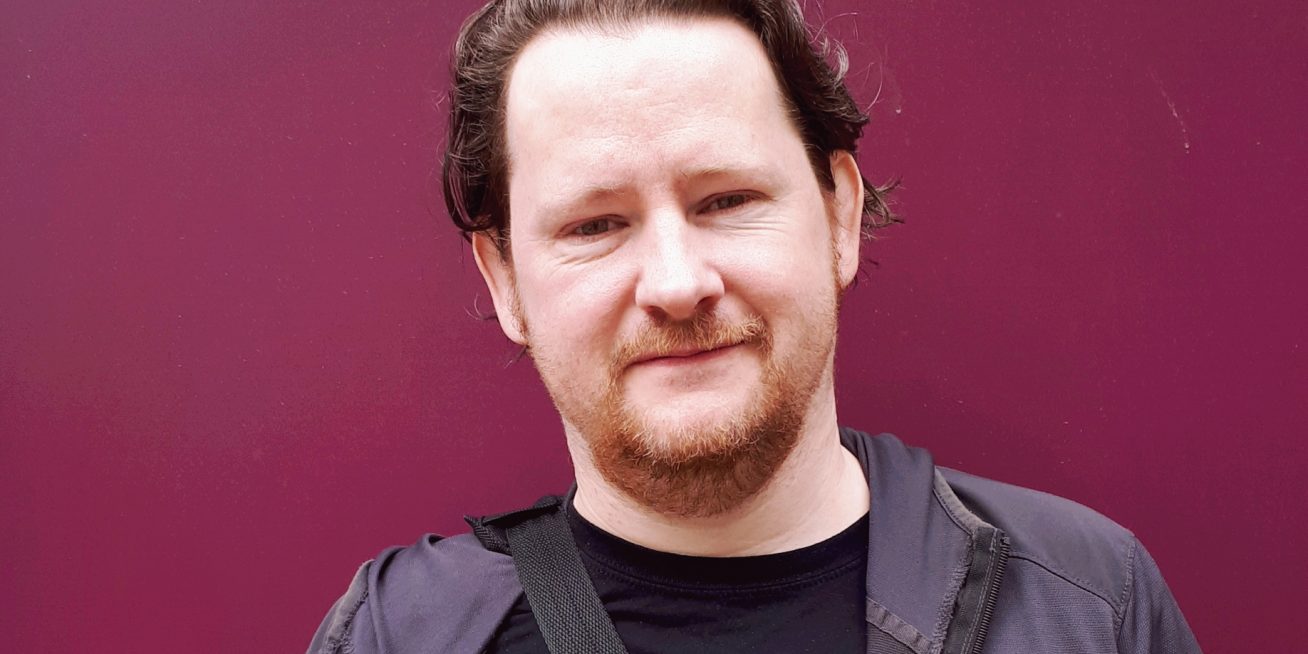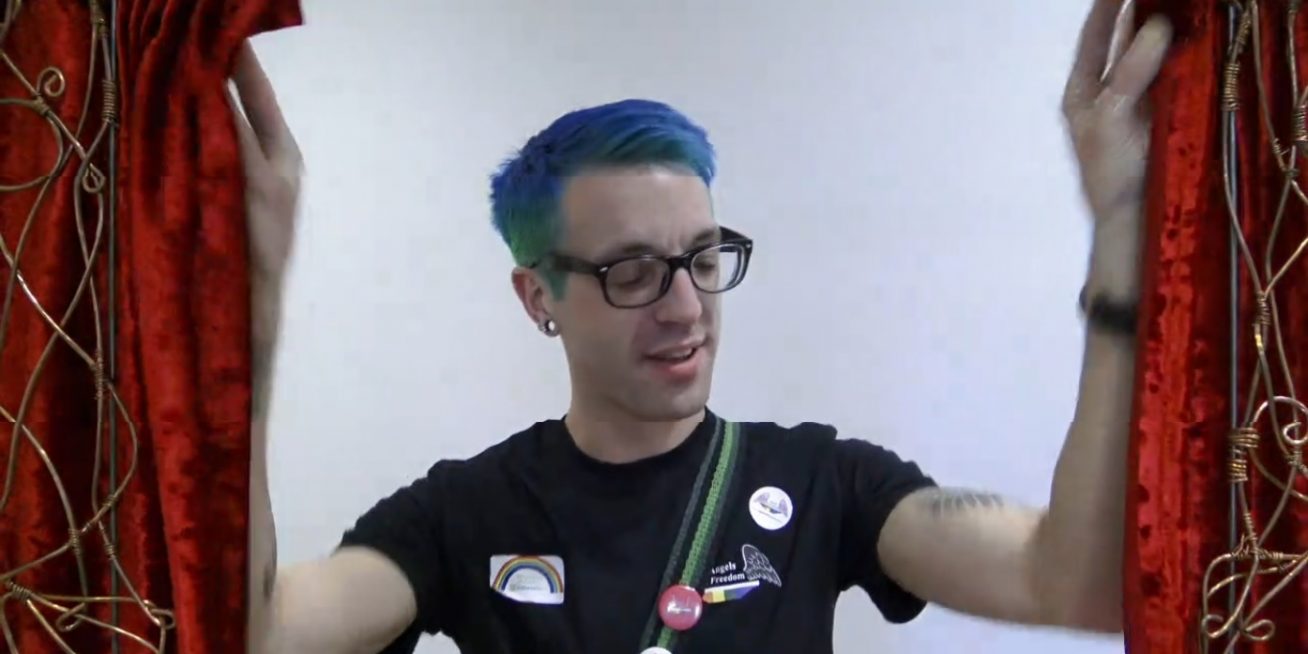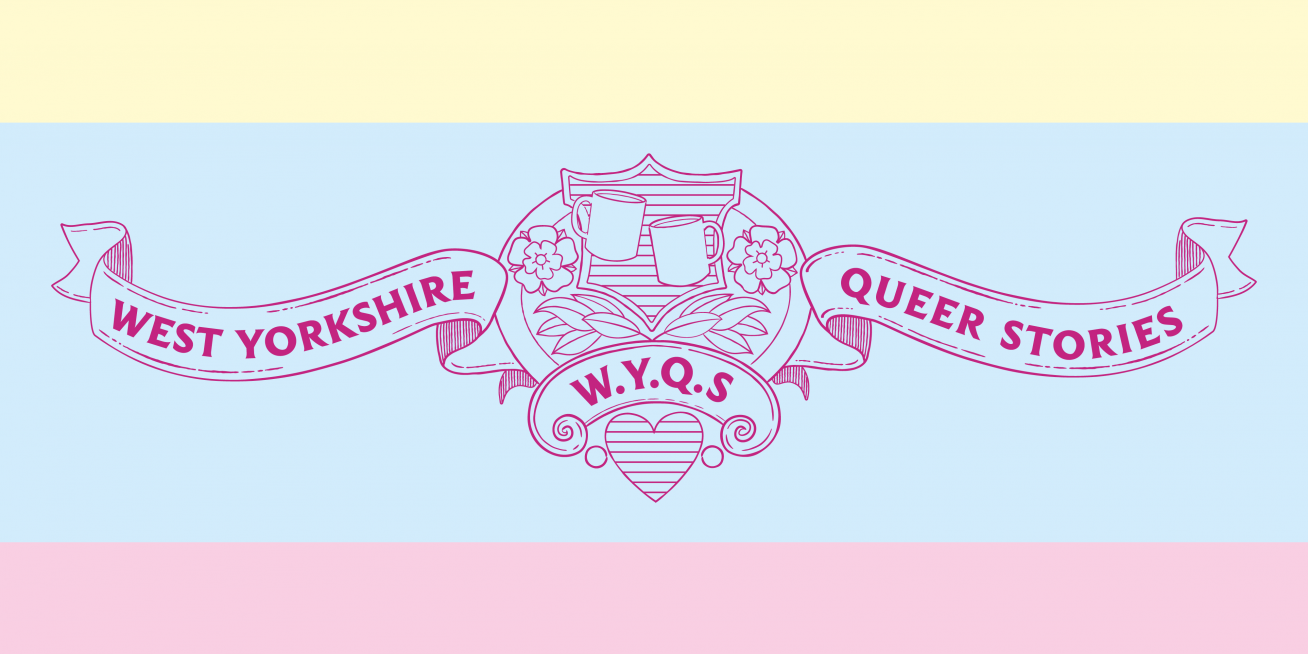At school in Batley
Laura talks about what it's like being a trans girl at school in Batley, what support is available for LGBTIQ+ pupils, and how sexuality and gender are covered in lessons.
Interview recorded by Ross Horsley on 30.3.2019
Duration 05:47
TRANSCRIPT
INTERVIEWER: Can I ask you what it was like growing up in Batley as an LGBT person?LAURA: I didn’t really realise [laughs] until – I just didn’t really care. I think I was quite lucky, in my primary school no one really cared about boyfriends, girlfriends, at that time it was, and I think it would’ve gone over my head, even if they had. I think the first time I even said it I think it was in Year 6 and I called myself someone’s gay best friend, but I didn’t really know what that meant. I think the primary school I went to – Batley Parish – would’ve been okay with it, but I don’t know, cos I didn’t, it was never talked about, but I think if it did come up, it would’ve been okay.
But then at high school I would – Woodcliffe Academy in Tingley – they’re really good with, or relatively good, compared to other schools, in regards to LGBT people. So, there’s, I’m out now, as a trans girl, and before that I did come out as, in Year 8ish, no, Year 9, I came out as a cis gay boy, and everyone was fine with that then. There was, I’m sure people did speak out behind my back, but I didn’t really care. And I think even now when I’ve come out, there’s been a couple of things, like I’ve been called ‘faggot’, like just walking through the corridors and people, people act like I’m going to infect them with something, but they haven’t got the guts to come and say something to my face cos they know if they do, they’ll get put on to the police and it’ll go on their record for life. So, they’re very good with the hate incident, sort of hate crime side of it. But yeah, there’s quite a few LGBTQ+ people and that feel comfortable to express themselves with their friends, and when people ask, like in our year I have a few friends and people ask and they’re like, oh yeah, yeah, that’s, I identify as bi or pan or whatever, that’s – they don’t really care. So, that’s a good sign.
INTERVIEWER: What sort of things do the teachers do to sort of support people?
LAURA: There’s a pastoral – we have like a pastoral care room, which has some – which kind of, you can go into for like support, so you, I think you can get like a sticker in your planner that says, ‘let me out of lesson if I’m crying’, and it means you can go and sit in there and, kind of calm down again and be not with other people. There’s also like another, so there’s that stuff, but we do have a small LGBTQ+ group in school that we have not yet named, so that’s waiting to be named. But that’s kind of mixed, more Years 9, 10 and 11, there’s no one younger, yet, and we meet in the pastoral care room in like one of the back rooms every Tuesday during, for like a 20-minute thing when everyone else has form. But – there’s assemblies occasionally that kind of cover the basics, but it’s kind of more of a ‘don’t do this’, ‘these people exist’ – that’s it for a year. So, I think there does need to be more work done, but I think it has progressed a lot.
INTERVIEWER: The sort of stuff you were telling me there, that they talk about in assemblies, do they – do those sorts of issues come up in any of the lessons as well?
LAURA: They run PS – we have, so it, they used to run in Year 7 – when I first started in Years 7 and 8 we had a lesson called PDS, which is basically, I think it’s Personal Development Sessions, or some Personal Development Social – so it’s like life skills lessons, so everyone gets pulled off timetable, you get a new teacher and your form goes to a different classroom and you cover like life skills like finance and things like that. I can’t remember if sexuality or anything like that came up, but now that’s turned into PSHRE, so for Years 7, 8, 9 they have like – they combine the core RE curriculum with like the life skills stuff, and they did – we do, you cover sexuality then, but it’s more in regards to sexuality rather than gender, so it’s kind of addressed as lesbians, gay men, bisexual people, and it’s never, it’s never kind of said, ‘oh everything’s kind of a spectrum, really’, like gender or like sex, or like intersex people haven’t ever been mentioned. You just think biology GCSE could get a bit more complicated than XX and XY chromosomes, but – the exam boards, it’s a bit beyond them. So, that’s not really touched on, but… the sexuality stuff is, so that’s probably some room for improvement.






